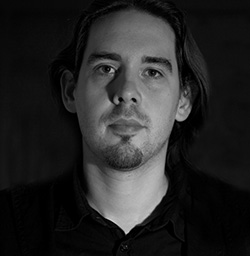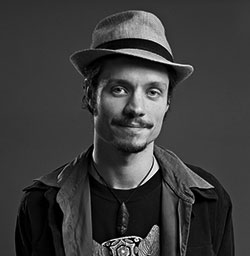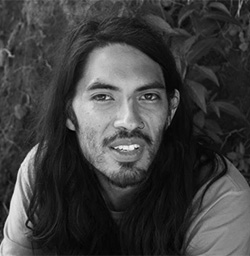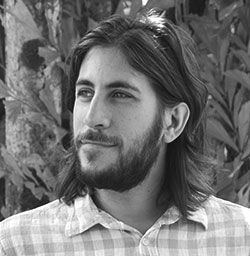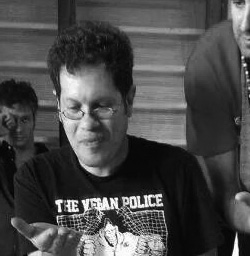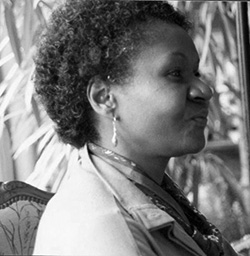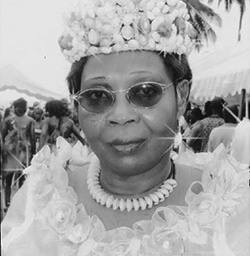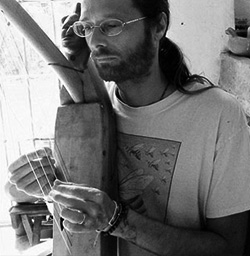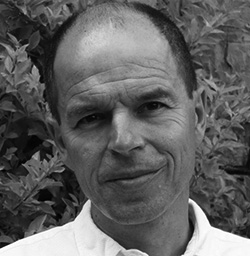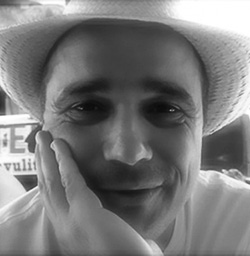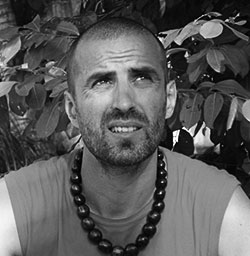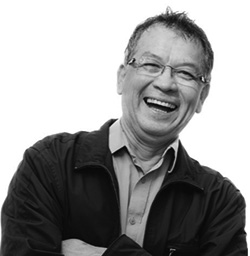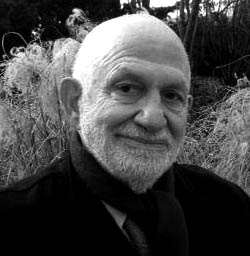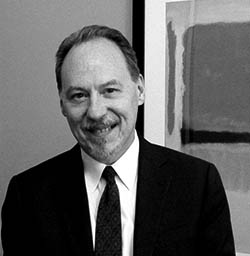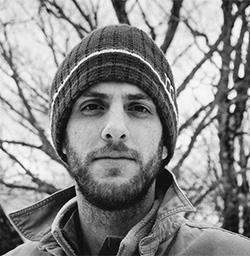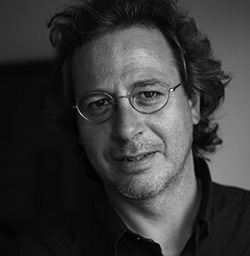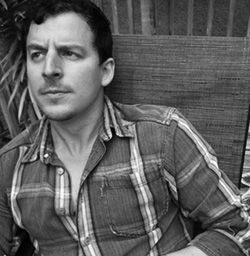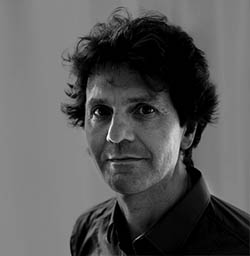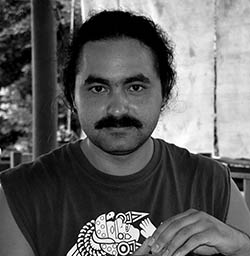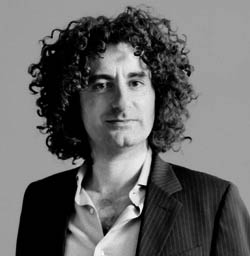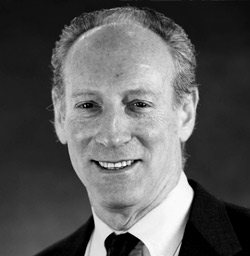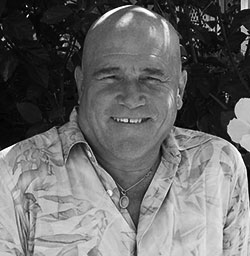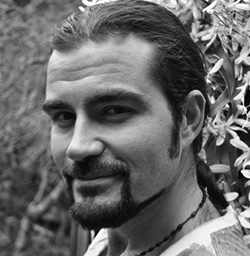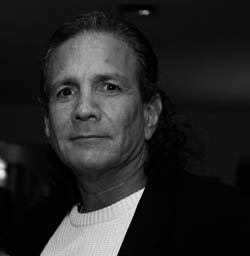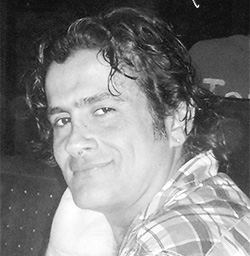
Orientation Panel
The 2016 Global Ibogaine Conference marks a historic convergence of perspectives from medicine, addiction psychology, harm reduction, drug user rights, and traditional practice. There is a widespread resurgence in scientific research into the medical use of psychedelic substances currently underway, and even though there is more clinical research to complete, ibogaine has widely been recognized as one of the most promising substances from any traditional or pharmaceutical pharmacopeia from the treatment of substance use disorder, and possibly other conditions such as Parkinson’s which have a large impact on public health. The conversations that will take place here will shape the future of ibogaine therapy and research internationally.
Know Your Roots: History of Ibogaine Activism

The ibogaine movement has a long history of grassroots activism that has driven the development of the ibogaine medical community. How did this movement originate? What were its guiding visions, and which of these have been or are yet to be realized? Which of the hard-learned lessons are relevant for the changing landscape of ibogaine therapy today?
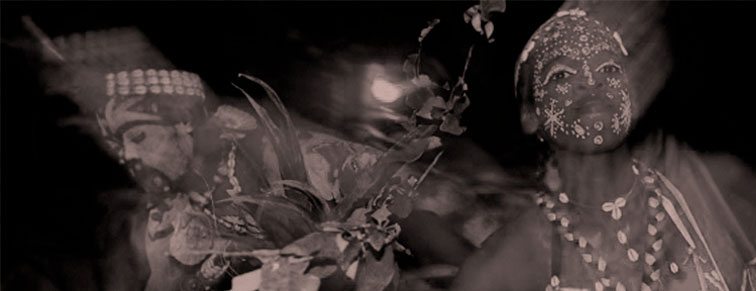
Traditional & Modern Uses of Iboga
The use of iboga amongst the pygmy people of Gabon stretches back well into prerecorded history. The more recent, but still centuries old development of the spiritual practice of Bwiti in Gabon and the surrounding regions, now contains a huge living body of knowledge regarding the iboga experience. What is the nature of this knowledge? Today, iboga’s primary active alkaloid, ibogaine, is used outside of Africa for the treatment of substance use disorders and other conditions. What crossroads does traditional practice share with the medical use of ibogaine in the West?
Ethnobotany of Ibogaine & Alternative Production Methods
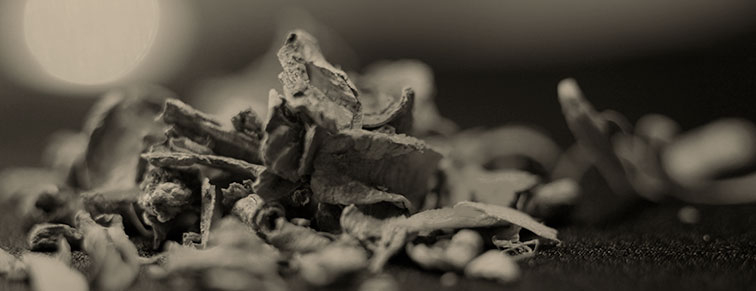
Tabernanthe iboga, the principle plant source from which ibogaine is extracted, has reportedly become threatened in its natural habitat, especially in Gabon. This has had a negative impact on traditional knowledge holders. Amongst a number of other factors, the increasing demand for iboga in the West is cited as a primary cause. How can the ibogaine medical community support the sustainability of iboga and it’s traditions? And what other alternatives are available that might ease the burden on wild populations?
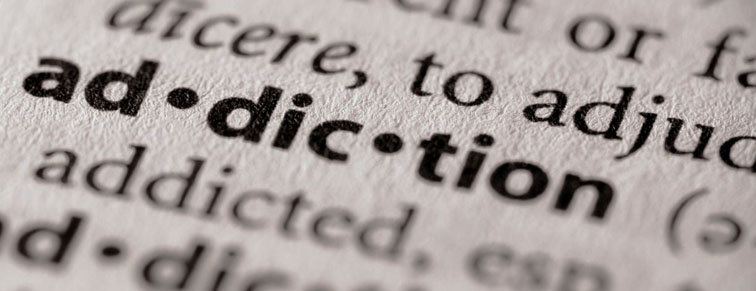
Understanding Addiction & Mental Health
Today, conventional medicine understands addiction as a “brain disease.” This has dramatically altered the public discourse surrounding drug use from a criminal justice to a public health issue. But this model does not take into account many important factors about the nature of the addiction experience. What are the emerging alternative models for understanding addiction and mental health issues? And what implications do they have for treatment, ibogaine therapy in particular?
Efficacy of Ibogaine-Assisted Treatment
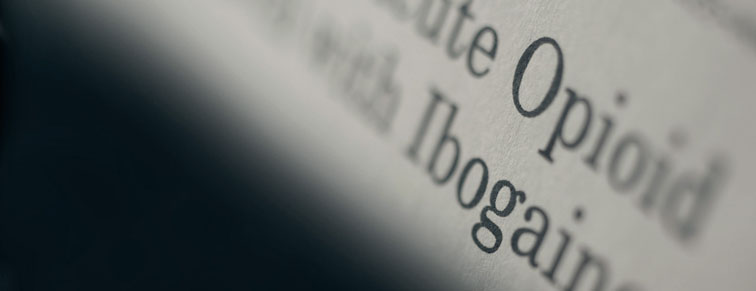
A conservative estimate is that as many as ten to fifteen thousand individuals have taken ibogaine for detoxification in a variety of settings since the 1980s. This rapid and continuing expansion in use has been cited as evidence enough for its utility as a medicine. But what quantitative data has been collected about it’s long-term results, and what does it demonstrate about the efficacy of ibogaine as an addiction therapy modality? What supportive methods of preparation and integration help to improve the outcome of detoxification and treatment?
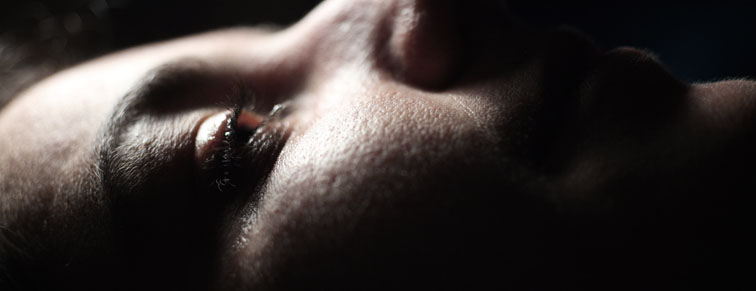
Integrative Practices: Working with Therapeutic Modalities
Ibogaine is a powerful therapeutic tool, not only for addiction but for a wide variety of conditions. Some of these applications are still being discovered. However, observational research has shown that in the case of detoxification the presence of adjunct therapies before, during and after the experience can have an impact on the outcomes. What are some of these therapeutic strategies currently being employed during ibogaine therapy? What others are yet to be explored? How can we being to integrate these into a more holistic therapeutic model?
Perspectives on Plant Intelligence

This panel will focus on the concept of plant intelligence from multiple perspectives. Kenneth Alper will provide an overview of the concept of plant intelligence as it appears in the scientific literature in which a PubMed search on the terms “plant intelligence” retrieves well over 1,000 references. From the perspective of the cultural anthropologist, Luis Eduardo Luna will discuss the concept of plant personhood in the relationship between humans and the natural/spiritual world according to shamanic belief systems. The ritual cultures in which ayahuasca and iboga are consumed are prototypical examples. Dennis McKenna will discuss the concept of natural psychedelics as ‘messenger molecules’ that mediate signal transduction processes in both neural systems and in ecosystems. The similarities and differences in these regulatory functions at micro and macro levels of biological organization will be discussed. Dimitri Mugianis will provide the experiential perspective from participation in both the ibogaine medical subculture with its clinical focus on opioid detoxification and dependence, and the Bwiti religion in Africa.

Psychotherapeutic Care Supporting Ibogaine Treatment
Ibogaine is a powerful therapeutic tool that catalyzes a deep and organic psychotherapeutic process. But observational studies have shown that when supported by a continuum of preparation and post-treatment care patients are more likely to achieve their personal goals. How do we contextualize this continuum of care? How does ibogaine therapy alter the course of psychotherapeutic processes? How can psychotherapeutic care best be incorporated to support ibogaine therapy in particular?
Regulatory Frameworks & The Broader Drug Policy Context
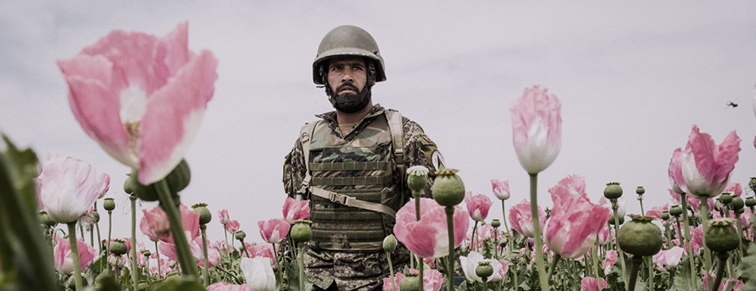
As the United Nations prepares for the upcoming UNGASS meeting later this year, there are many changes happening on the global stage in regards to drug policy. The changing dialogues have a large impact on legislation, and on how drug user rights are respected on the street level. We have even witnessed progressive movements towards prescription ibogaine treatment in the Brazilian state of Sao Paulo and the US state of Vermont. What shape are these broader drug policy discussions now taking? And what impact will they have on the future on services for drug users, addiction treatment in general, and more specifically on ibogaine therapy?
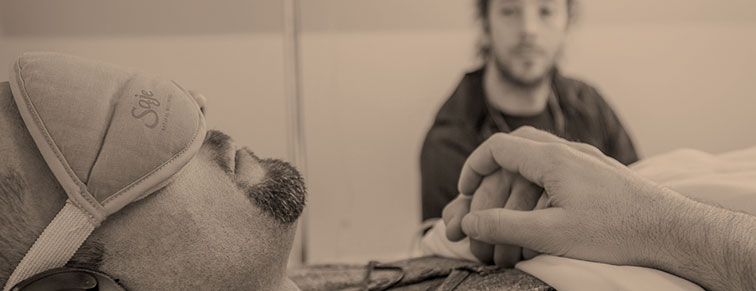
Ibogaine Therapy Ethics & Safety
Ibogaine therapy has a number of identifiable and manageable medical risk factors that have been pronounced by its unregulated use. GITA has made efforts to consolidate important considerations for risk management in its Clinical Guidelines for Ibogaine-Assisted Detoxification, as well as through emergency preparedness training. How can these guidelines be applied more deeply while treatment options proliferate? And what are the most important edges of development for the safe and ethical administration of ibogaine?
Ibogaine in the Treatment of Parkinson’s Disease
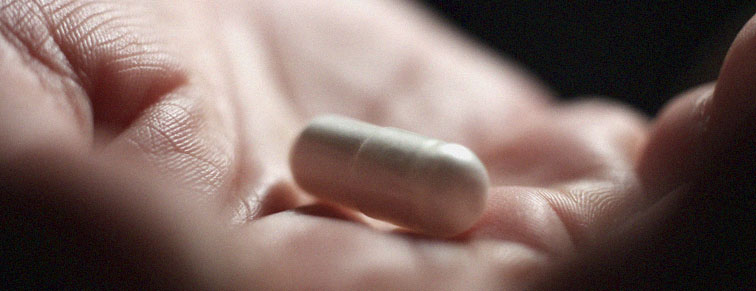
Ibogaine’s proliferation as a therapeutic modality has largely been driven by its utility in detoxification, whether no other natural or pharmaceutical medicine has been shown to be so effective. But more recently ibogaine has demonstrated surprising efficacy in the treatment of Parkinson’s disease, another significant public health burden for which no effective treatment is available. What do we know about ibogaine’s use for the treatment of Parkinson’s, and what does this mean for the estimated 10 million people throughout the world who currently live with Parkinson’s disease?
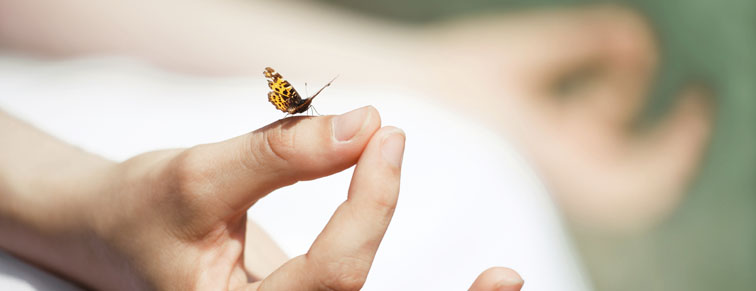
Provider Self Care
Many people who work with ibogaine have personal experiences with drug use and addiction that have not only shaped their interest in ibogaine, but informed them on how to work with drug users on a personal level. But working with ibogaine in a clinical setting requires maintaining a healthy psychological balance, and sometimes care providers require the same support that they routinely offer others. What are some strategies that people currently employ? What resources are currently available? And how can the global ibogaine community learn from other therapeutic communities how to better offer community support?


